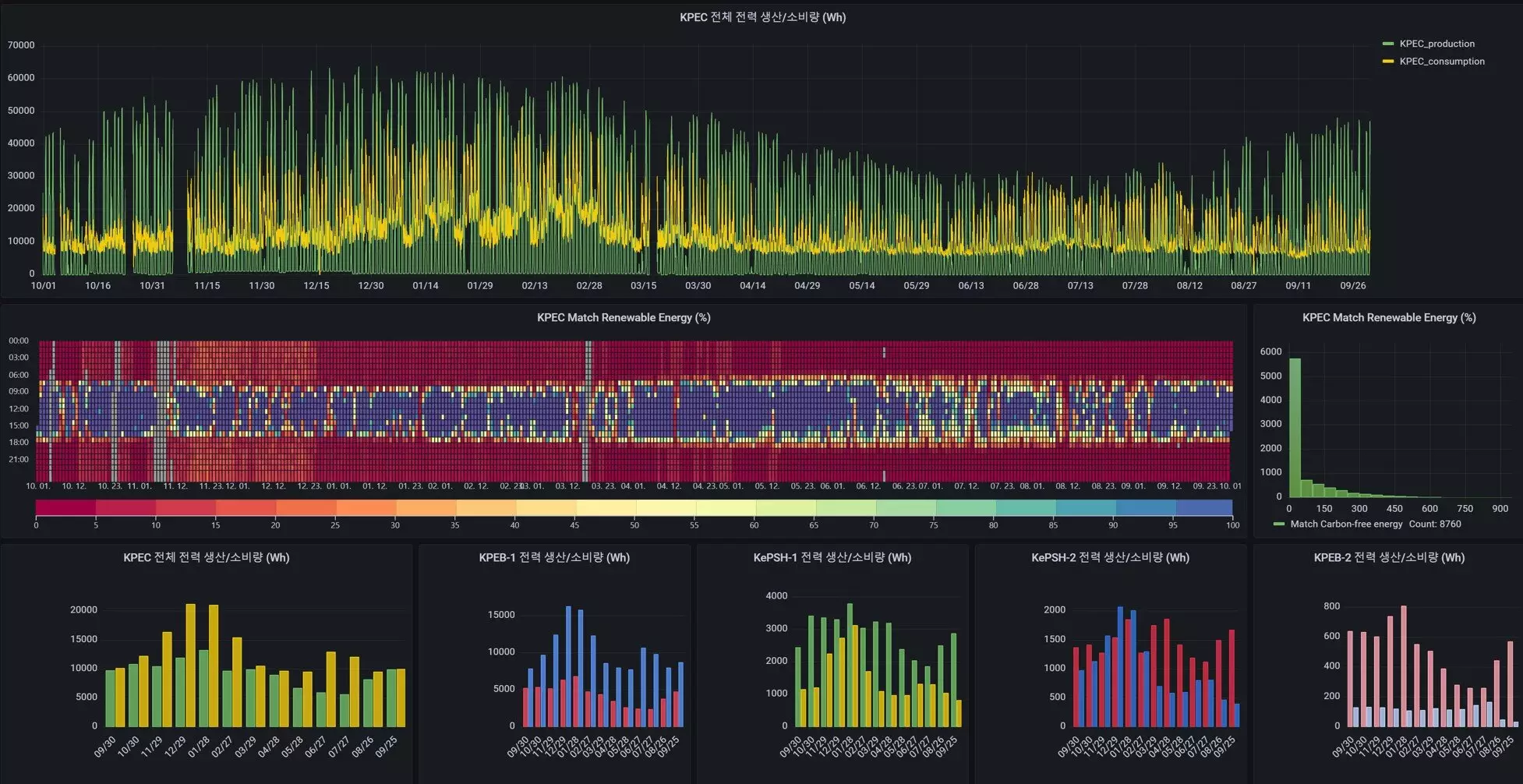As cities around the globe face the pressing challenge of climate change, the concept of “urban electrification” comes to the forefront as a viable solution for decreasing dependency on fossil fuels. Recent advancements, led by a collaborative research team from the Korea Institute of Energy Research (KIER)—specifically from the Renewable Energy System Laboratory and the Energy ICT Research Department—have introduced innovative technologies aimed at achieving this ambitious goal. Their groundbreaking findings, published in the journal *Sustainable Cities and Society*, shed light on how artificial intelligence (AI) can be utilized to transform urban energy systems into hubs of sustainability.
Urban electrification is focused on integrating renewable energy sources like solar technology into the core energy infrastructure of a city. While the concept is still relatively novel in South Korea, it is gaining traction in the United States and Europe, where it is recognized as a fundamental strategy for attaining carbon neutrality and creating sustainable urban landscapes. The shift from traditional energy models, heavily reliant on fossil fuels, presents unique challenges, especially considering the volatility of renewable energy sources that can fluctuate based on weather conditions.
One of the significant hurdles in the electrification of urban environments is the variability in energy supply that inevitably arises from high reliance on renewable sources. Traditional fossil fuel-based systems allowed for straightforward adjustments in energy supply to meet demand—an ease not afforded in more electrified models. The precarious balance of energy demand across buildings becomes a critical concern, particularly during Low-Probability High-Impact Events (LPHI) such as sudden cold snaps or intense heat waves. These events can trigger sharp surges in energy demand while concurrently reducing energy production capacity, threatening the stability of the power grid and potentially leading to catastrophic blackouts.
Understanding the implications of these events is essential for developing an effective energy management approach. The research team countered these challenges through the implementation of an AI-based energy management algorithm. This innovative system not only improves operational stability but also optimizes energy consumption across urban environments by analyzing various consumption patterns and renewable resource outputs.
The research team pioneered an energy management algorithm enhanced by AI, which involves a comprehensive analysis of energy consumption across varying building types and renewable energy production metrics. By unraveling complex variables such as local weather changes, human behavioral patterns, and the operational status of renewable energy facilities, the team was able to create an adaptive system capable of mitigating the instability within the power grid.
Remarkably, the study found that LPHI events, despite their infrequency—occurring only around 1.7 days each year—have an outsized effect on power grid stability. The AI-driven algorithm effectively addresses these challenges by coordinating energy sharing among buildings and managing the peaks in both energy demand and production. This dual focus not only helps maintain a daily energy equilibrium but also ensures that the grid remains resilient during extreme conditions.
The real-world application of this innovative energy management system was demonstrated within a simulated community environment designed to reflect urban electrification practices. The results were telling: the community achieved an impressive self-sufficiency rate of 38%, coupled with a 58% self-consumption rate. These statistics represent a substantial enhancement in efficiency compared to the standard benchmarks of 20% self-sufficiency and 30% self-consumption for buildings lacking such a system.
Furthermore, this application led to a noteworthy 18% reduction in electricity costs while significantly bolstering power grid stability. Conducting the demonstration on a scale of 107 megawatt-hours (MWh)—a volume seven times greater than previous studies—illustrates the system’s potential applicability in genuine urban contexts.
As the consequences of climate change continue to resonate globally, solutions such as urban electrification become increasingly essential. The research conducted by KIER not only highlights how AI can be employed to steer this transition but also underscores the urgency of adapting our urban energy infrastructures. Moving forward, the lessons learned from this exploration could inspire widespread adoption of similar technologies worldwide, thereby fostering environments that are more environmentally friendly, economically viable, and resilient against future energy challenges.


Leave a Reply